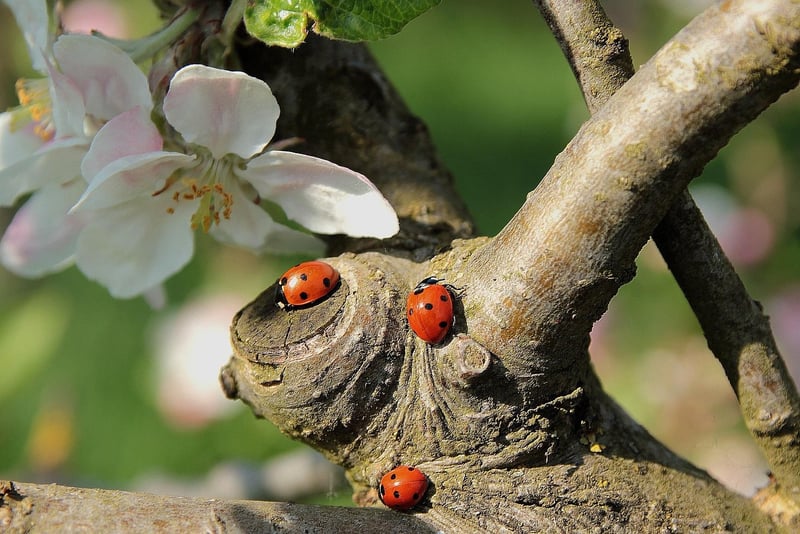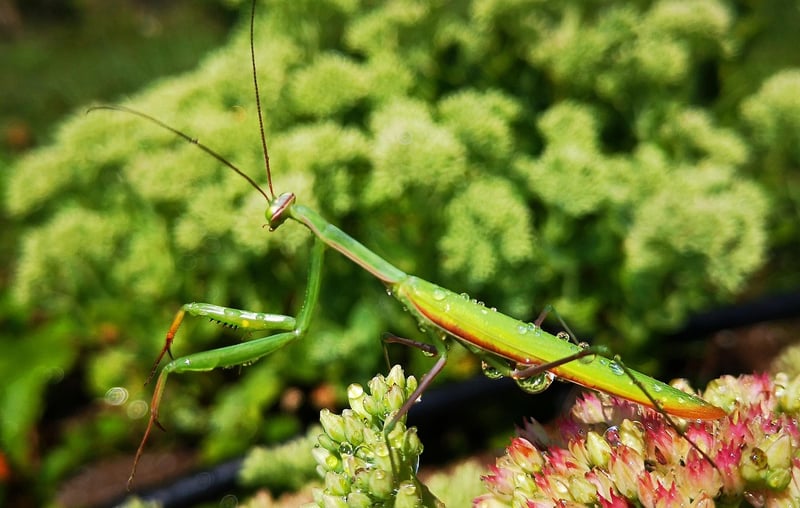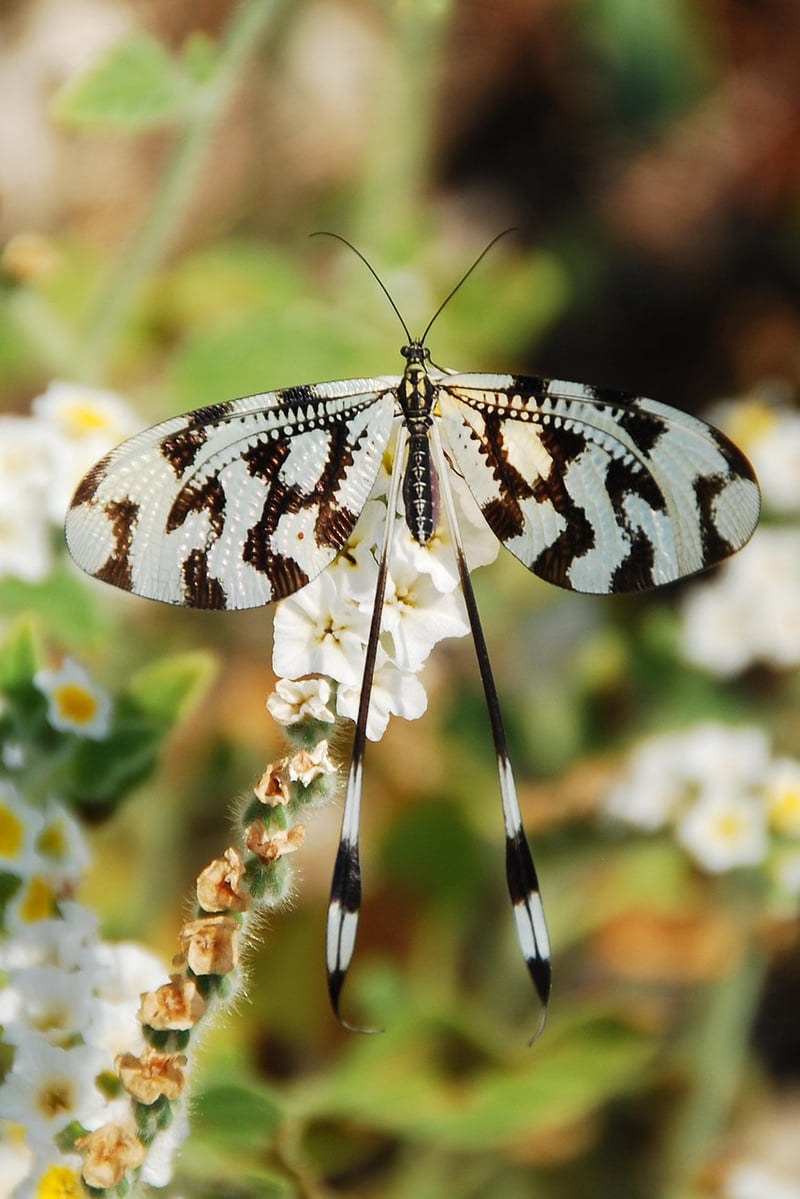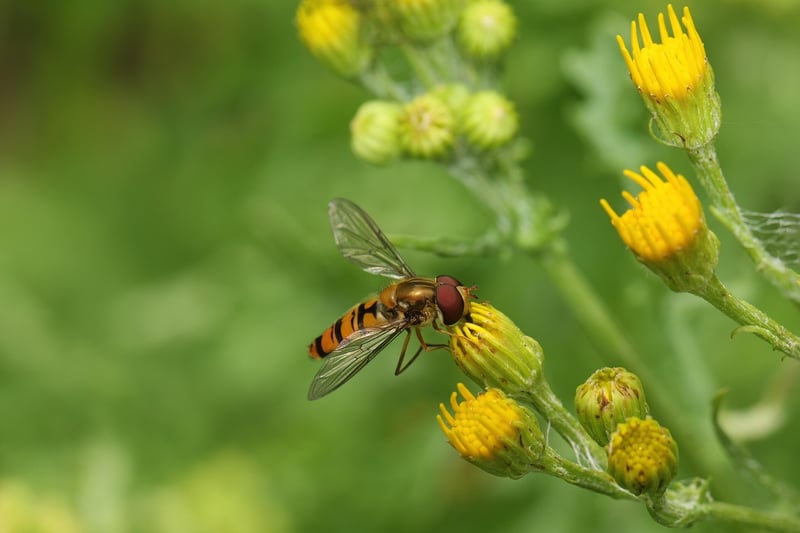Beneficial Insects
Protecting Your Plants with Beneficial Insects
As a gardener, you strive to keep your plants healthy and thriving. While pests can be a common issue, there is a natural and eco-friendly way to combat them - beneficial insects! These tiny helpers can be your allies in the garden, keeping harmful pests in check without the need for harmful chemicals.
Why Beneficial Insects?
Beneficial insects play a crucial role in maintaining the balance of your garden ecosystem. They prey on harmful pests, such as aphids, caterpillars, and mites, helping to control their population naturally. By attracting and supporting beneficial insects, you can reduce the need for pesticides and promote a healthier environment for your plants.
Common Beneficial Insects
- Ladybugs: Known for their appetite for aphids, these colorful beetles can significantly reduce aphid populations in your garden.
- Praying Mantis: A fierce predator that feeds on a variety of pests, including caterpillars, beetles, and grasshoppers.
- Lacewings: Their larvae are voracious predators of aphids, making them valuable allies in pest control.
- Hoverflies: Adults feed on nectar and pollen, while their larvae consume aphids and other soft-bodied insects.
Attracting Beneficial Insects
Creating a welcoming environment for beneficial insects is key to maximizing their presence in your garden. Here are some tips to attract these helpful bugs:
- Plant Diversity: Choose a variety of plants to provide food and shelter for different beneficial insects.
- Avoid Pesticides: Chemical insecticides can harm beneficial insects, so opt for natural pest control methods.
- Provide Water: Set up water sources like birdbaths or shallow dishes with pebbles for insects to drink from.
- Use Beneficial Plants: Include plants like dill, fennel, and yarrow that attract beneficial insects with their nectar and pollen.
Conclusion
Embracing the power of beneficial insects is a sustainable and effective way to protect your plants from pests. By creating a habitat that attracts these natural predators, you can enjoy a healthier garden without relying on harmful chemicals. So, next time you spot a ladybug or a praying mantis in your garden, know that they are there to help your plants thrive!
Remember, a diverse and balanced ecosystem is the key to a successful garden!




